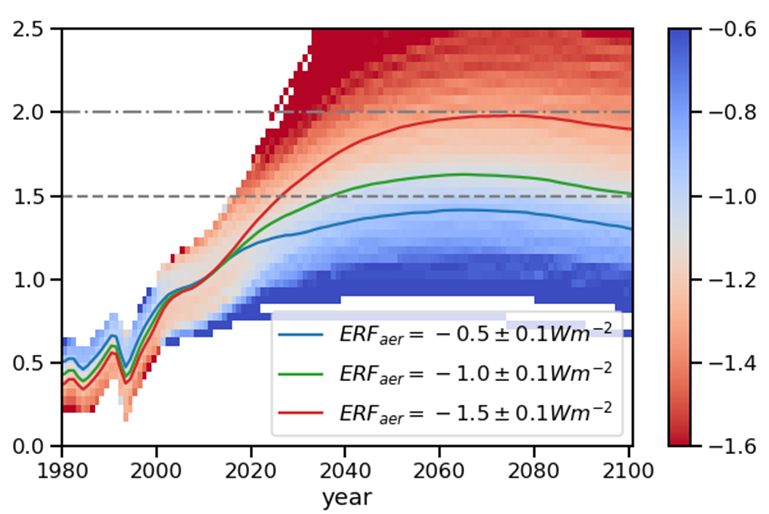The importance of UNRISK science
Rapidly changing climate has the potential to affect every aspect of life on Earth, from the environment to the economy, and from public health to social stability.
Earth’s climate is changing rapidly in almost every respect – rising global temperature, melting ice caps, rising sea level, and increasing severity of extreme rainfall and drought events. Our understanding and ability to accurately quantify how these phenomena will change over the next decades varies enormously. Climate models predict that the planet will warm by 2-4oC by the end of the century. For extreme weather, predictions are currently low in confidence and reliability, despite their huge impact on people and societies.
Large uncertainty and low confidence in climate change and the associated hazards is the key challenge for climate scientists to address. Uncertainty hinders the development of climate policy, delays investment by businesses, and weakens multi-lateral agreements that we need to achieve an effective climate transition. As a result, climate uncertainty has been estimated to have a global economic cost of trillions of dollars.
Uncertainty leads to a lack of urgency to mitigate, to reduce risks, and plan appropriately by failing to exploit potentially useful climate information.
In the UK, the Climate Change Risk Assessment identified billions of pounds of climate-related environmental, infrastructure and business risks, with large uncertainty and low confidence in most of them. The UK Climate Resilience programme identified the pressing need for “translation of climate science into information that is useful and usable for those tasked to make the UK more climate resilient.”

What is the role of data science in the context of climate change?
Climate science struggles with too much data (petabytes of computer model or satellite data to make sense of) as well as too little data (trying to anticipate future extreme events when they occur only once every hundred years).
Advances on climate science need advances in data science and generation of scientists with expertise in both.
Advanced data science, mathematics and statistics is vital for making sense of climate data. It includes computer modelling, machine learning, rare event modelling, digital twinning, and model-observation fusion. It also includes the ability to understand and account for the limitations or biases of different methods.
What is decision and communication science in the context of climate change?
Different types of robust and evidence-based climate information are able to support different types of decisions, from highly quantitative probabilistic data which can support decisions about global portfolio optimisation, supply chain management or insurance pricing, to more qualitative scenario (or storyline) approaches which are effective for local adaptation planning or policy futures. UNRISK partners span this ecosystem, including a wide range of climate information users in industry, policy and the third sector.
There is no point producing rich and complex climate data if the users (people, businesses and policy makers) don’t know how to use it.
Effective communication of climate risk and uncertainty information relies on a deep understanding of both climate science and the operational constraints experienced by decision makers.




